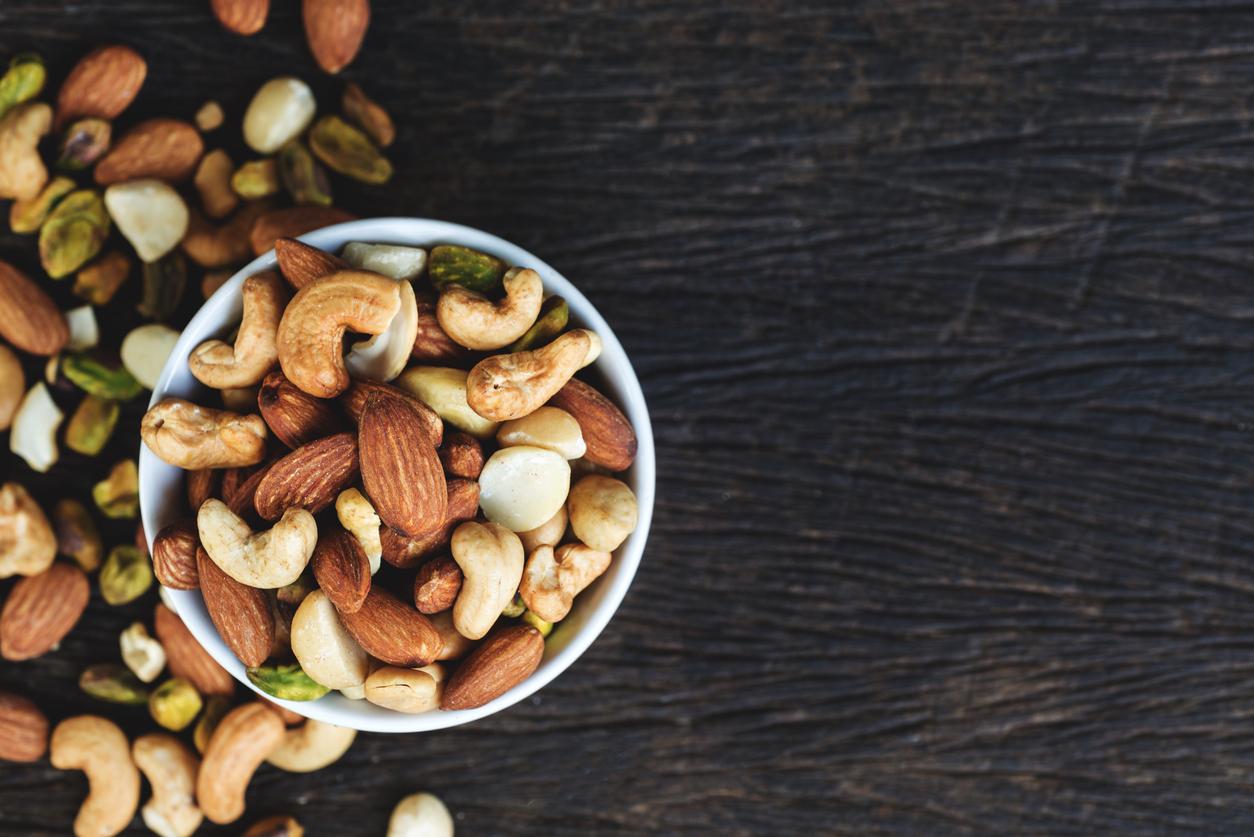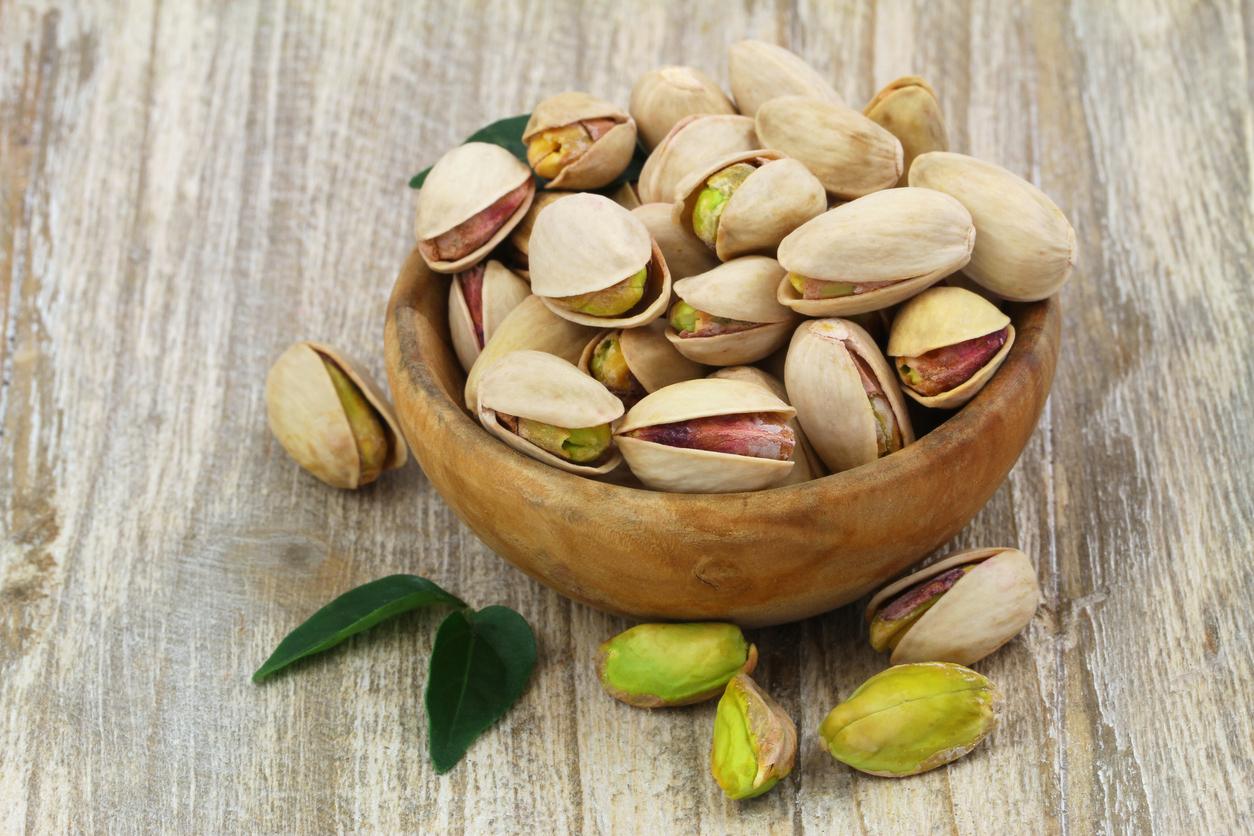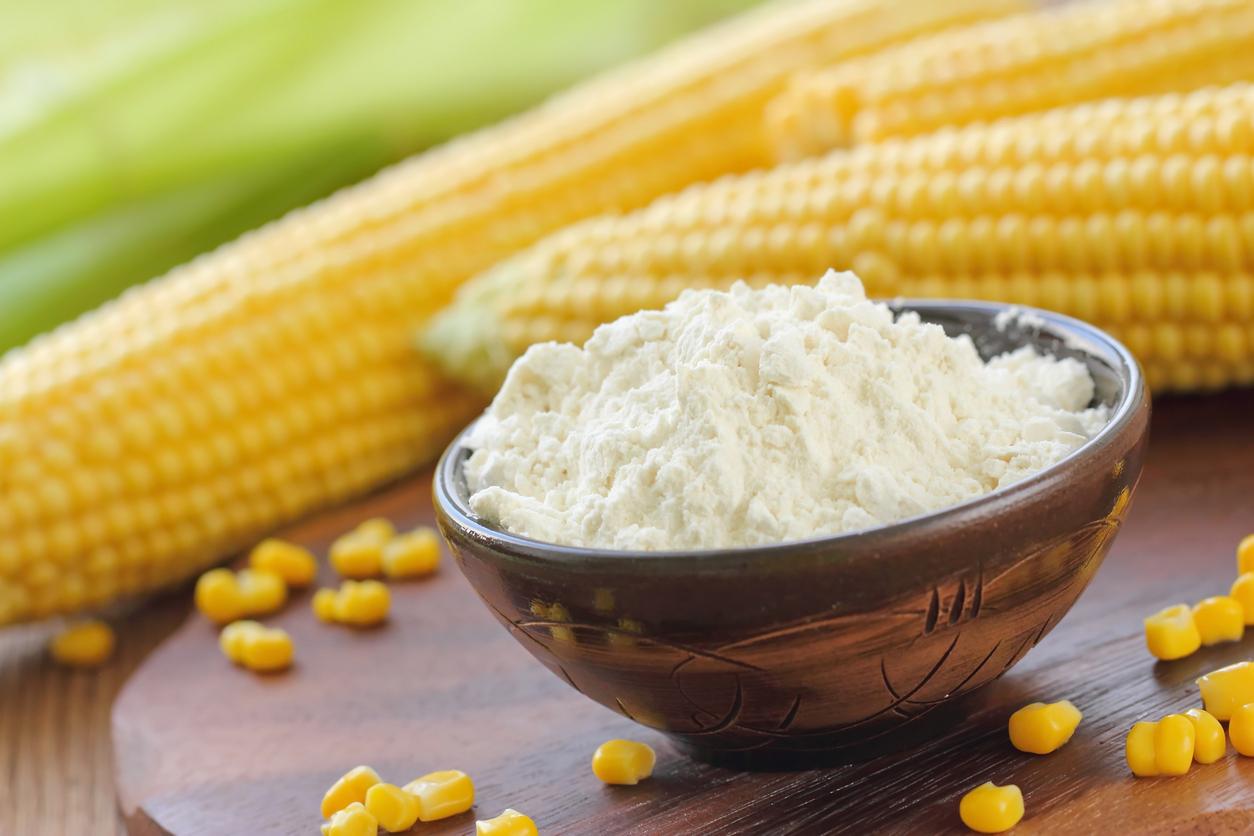Consuming nuts and seeds every day would help reduce the risk of cardiovascular disease, in particular by improving cholesterol levels.

- Eating a handful of nuts a day reduces the risk of suffering from cardiovascular disease by 20% to 25%.
- Dried fruits especially help to lower cholesterol levels.
- According to the meta-analysis, almonds, pistachios and walnuts are the most effective in lowering cholesterol.
Walnuts, almonds, pecans, pumpkin seeds… do not hesitate to add these foods to your diet. Dried fruits help protect your heart from heart disease, according to work from the University of Oslo featured in the journal Food & Nutrition Research.
Nuts: the risk of heart disease is reduced by at least 20%
To determine the influence of dried fruits and seeds on the body, the researchers screened 30 studies on the subject. Together, this represents almost 2 million participants. Result: these foods help prevent heart disease.
“If you eat a handful of nuts every day, about 30g, you will have 20 to 25% less risk of suffering from cardiovascular disease”explains the co-author of the study, Erik Arnesen in a press release from his university.
In detail, nuts and seeds do not influence blood pressure. On the other hand, they are linked to an improvement in cholesterol levels. “Thanks to this systematic review and meta-analysis, we can present a more accurate estimate of the true effects. Proving that nuts lower cholesterol levels provides a credible explanation for the link between nut consumption and cardiovascular disease risk. “adds the expert.
Cholesterol: what are the most effective dried fruits?
Scientists have taken advantage of their work to list the most effective dried fruits in the fight against cholesterol. The podium consists of almonds, pistachios and walnuts (all types combined). The team clarified that they had no conclusive evidence to recommend one variety of nut over another.
They have “a beneficial effect on the level of cholesterol in the blood, which it is important to keep low in order to avoid the accumulation of fats in the arteries. This atherosclerosis, as it is called, is one of the greatest heart attack risk factors”, says researcher Erik Arnesen. He argues that its positive action on the heart comes from the presence of fatty acids in these species.
“Even though walnuts cannot be used to treat high cholesterol, we believe the effect is strong enough to be used as a preventative in the general population”he concludes.

















